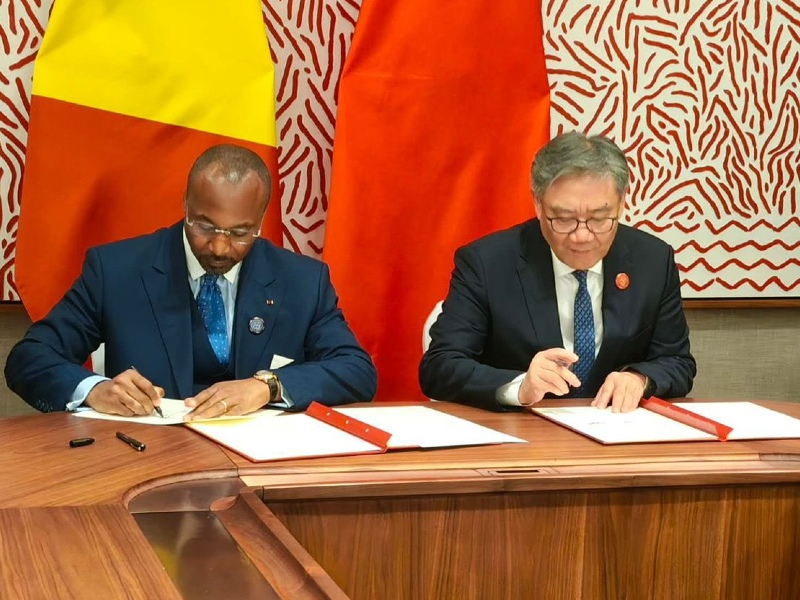The Republic of Congo has achieved a major milestone in African trade relations by becoming the first country on the continent to implement the Economic Partnership Contract for Shared Development on Early Harvests (Cadepa) with China. This bilateral agreement, which took effect following a joint declaration in June 2025, grants full customs duty exemption for a wide range of Congolese agricultural products entering the Chinese market. It marks a strategic shift from Congo’s traditional export model—dominated by raw commodities like crude oil and copper—toward a more sustainable and value-added trade framework.
The Cadepa agreement directly addresses the long-standing imbalance in Africa-China trade, where African nations have historically exported low-value raw materials and imported high-value finished goods. By removing tariffs, the deal eliminates a major financial barrier and immediately boosts the competitiveness of Congolese exports such as cocoa, specialty woods, and processed foods within China’s vast consumer base. It also reinforces China’s broader commitment to grant zero-tariff treatment on all tariff lines for African countries with diplomatic ties, setting the stage for similar agreements across the continent.
Beyond trade liberalization, the agreement sends a strong signal to investors and local businesses to develop domestic agricultural value chains. With duty-free access to China, Congolese producers are now incentivized to invest in processing, packaging, and refining their goods locally rather than exporting raw materials. This shift is critical for job creation and economic diversification, aligning with the African Union’s Agenda 2063 goals.
Countries like Angola and the Democratic Republic of Congo, which rely heavily on mineral exports, continue to face high youth unemployment due to limited local manufacturing. In contrast, a thriving agro-processing sector offers resilience against global commodity price fluctuations and strengthens national food security. The Congo-China deal thus serves as a model for other African nations seeking to restructure their trade profiles.
Similar success stories are already emerging across the continent. Kenya has expanded its agricultural exports to China, particularly avocados, while Ghana and Côte d’Ivoire are increasingly moving from raw cocoa exports to high-value derivatives like chocolate. These developments are driving investment not only in farming but also in critical infrastructure such as cold-chain logistics, quality assurance, and certification systems—essential components for global competitiveness.
Ultimately, the Cadepa agreement provides the long-term institutional support needed to transform Africa’s role in global commerce. It positions the continent not just as a supplier of raw inputs but as a dynamic source of refined, high-quality consumer products.



